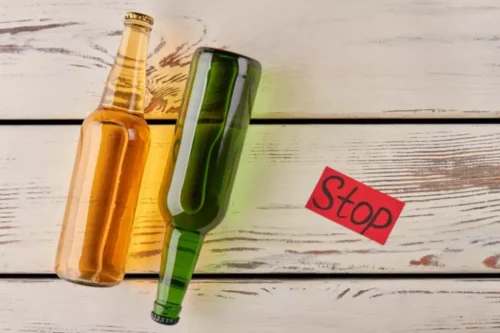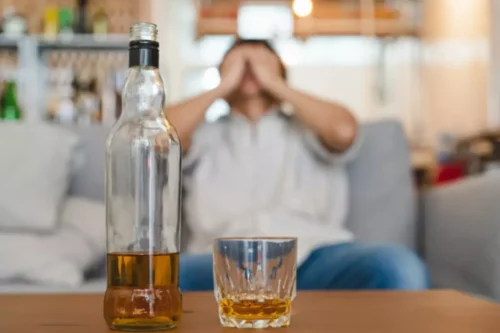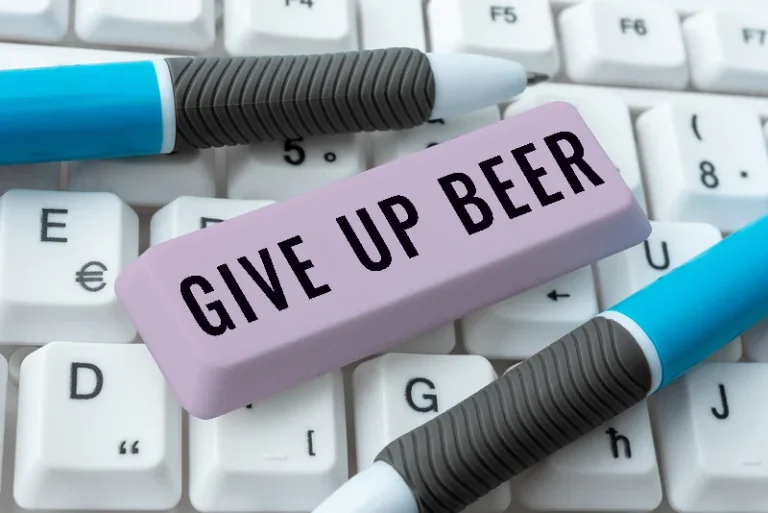
Because your body views alcohol as a toxic substance, it’s perfectly normal to experience a headache from drinking alcohol. Alcohol’s effects on your body include dehydration, inflammation, reduced sleep quality, and the buildup of toxic substances—all of which can give you a headache. Consuming too much alcohol or drinking alcohol to the point of giving yourself hangover headaches frequently, could be a sign that your alcohol consumption has gotten out of hand. If you try to stop drinking alcohol but find yourself giving in or experiencing withdrawal symptoms, now could be the time to reach out for some help before it gets worse.
How To Treat Alcohol-Related Headaches
This hormone affects the body in many ways, including affecting the kidney’s ability to reabsorb water. If a person’s body is producing less vasopressin, that can result in dehydration, which can cause a headache. Aside from this, there is some evidence to show that drinks that have been through an ageing process are liable to cause more reactions within the body.

Hangover Headache Impacts
Many people will find it worsens with further alcohol consumption as well as intense movement. It typically starts shortly after drinking alcohol, but it could take several hours to trigger a headache. Aside from contributing to the flavor of the alcohol, congeners increase the severity and frequency of hangover symptoms, including headaches. Congeners tend to aggravate brain tissue and blood vessels, which contributes to headaches. Clear liquors, like white rum, vodka, and gin, have significantly fewer congeners and may cause fewer headache symptoms.

How to Avoid Getting a Headache When Drinking Alcohol
PLUS, the latest news on medical advances and breakthroughs from Harvard Medical School experts. No content on this site, regardless of date, should ever be used as a substitute for direct medical advice from your doctor or other qualified clinician. “Hair of the dog” refers to having some of the same alcohol the next morning that you had the night before. Alcohol can dehydrate you and drain your body of electrolytes.
- This is because beer and wine often contain more toxic byproducts from fermentation, such as aldehydes.
- The main ingredient in alcohol that is responsible for a sore head is ethanol.
- Ingredients like raw eggs, spices, and the numerous preservatives used in processed or fast foods can make symptoms like nausea and vomiting worse.
- Ethanol is the primary toxin responsible for why alcohol makes you drunk.
- When you consume alcohol, it can cause headaches due to factors.
- Vitamin B6 is an essential nutrient that’s found in all sorts of common foods, such as poultry, potatoes, and fruit.
However, they usually worsen over time as the neuropathy progresses. Sulfites are frequently found in all types of wines and have long been blamed as the reason for hangovers from alcohol. If you’re willing to take a chance, look for an inexpensive, lighter red wine.
- I’ve spent the last seven years researching and understanding alcoholism, addiction, and how people get sober.
- For instance, Vanquish is known to quickly and effectively relieve alcohol-related headaches.
- A hangover headache—also called a delayed alcohol-induced headache—usually comes on the morning after drinking the night before, once the alcohol is out of your system.
- So, if quercetin causes headaches, are there red wines without it?
- Waterhouse and Devi noted that extra acetaldehyde causes people to get red, flushed skin, which is accompanied by a headache.
Alcohol is responsible for creating a relaxing effect on the blood vessels. In turn, this leads to more blood being able to flow into the brain, which can trigger a migraine. Drinking any type of alcohol in excess, including beer, wine, or liquor, can cause headaches. However, it is known to be directly related to heavy and long-term alcohol consumption. Overconsumption of alcohol may directly harm and hinder the nerves’ ability to communicate information from one body area to another. In conclusion, Waterhouse and Devi said that grapes exposed to the sun produce more quercetin, which, in https://ecosoberhouse.com/ turn, is leading those types of red wine to cause greater hangovers.

While similar symptoms to the immediate headache are experienced, this type of headache is usually a more dull, throbbing pain. Having another drink may temporarily curb withdrawal symptoms and make you feel better. But why do you have a headache after drinking unless you intend to keep drinking, the alcohol levels in your body will eventually drop, causing a headache anyway. And, of course, continuing to drink to avoid hangover symptoms can increase your risk of alcohol dependence in the long run.
Types of headaches associated with alcohol
- In other words, you will go to the toilet more frequently, but the lost liquid will not be as evenly replaced.
- Histamine has been known to cause headaches for almost 100 years.² When it enters the bloodstream it dilates blood vessels, which leads to headaches.
- As we have discovered from looking at the types of alcohol-induced headaches, you may experience one from as little as three hours after drinking alcohol.
If you develop a cocktail headache, take care to rest and nourish your body with water, electrolytes, and a healthy fruit or vegetable snack if possible. The mechanism through which what is alcoholism alcohol can trigger these distinct headache disorders is not well understood. It’s interesting to note that cocktail headaches are much rarer than hangover headaches, and they can be triggered by variable amounts of alcohol. Far more common is the delayed alcohol-induced headache, which most people will experience around 12 hours after they stop drinking alcohol. These so-called hangover headaches differ from an immediate alcohol-induced headache, as they typically present as a more dull, throbbing sensation.
